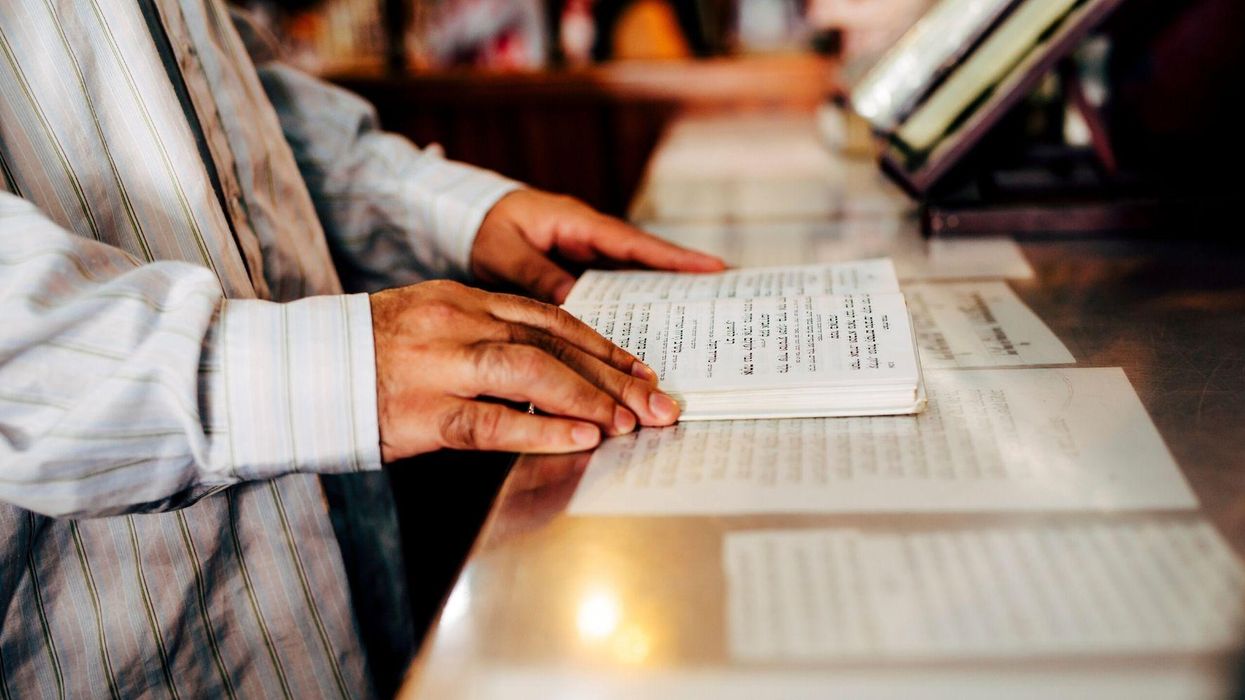News
Moya Lothian-McLean
Apr 02, 2020

iStock
As the world pivots to new forms of communication under lockdown, we’re learning brand new terms.
Like “zoombombing”.
The word was born after a string of incidents has seen online Zoom (the ubiquitous videoconferencing app) meetings hacked by strangers, who often hurl abuse at participants.
Targets have included a virtual space for women of colour, an AA meeting, and an online class run by a Massachusetts school that was hijacked by a man with a swastika tattoo.
My Zoom lecture was hacked and the word “n****r” was scrawled in red across the screen. I think today’s lesson in online teaching is done.— Badia Ahad PhD (@Badia Ahad PhD) 1585679223
Now the BBC is reporting a London synagogue had its Zoom service interrupted by antisemetic abuse.
North Western Reform Synagogue (Alyth) in Golders Green had gathered for their Friday night Shabbat service when racist trolls entered their virtual chat and began hurling abuse at the congregation, which included children.
"There were about 205 of us logged on – including lots of families with little kids – and suddenly the numbers went up to 243,” said a BBC employee who was attending the service.
They described how the trolls started spamming the Zoom group chat with “vile abuse”, which others say included use of the N-word and “tropes about world Jewish domination”.
"The rabbi didn't realise what was going on until one of the congregants texted him. By then lots of people had taken their children offline.
"It was terrifying at what is a really terrifying time anyway”.
Eventually the chatroom was shut down.
Rabbi Josh Levy, who was conducting the service, told the Jewish Chronicle that it was an “intrusive violation of our sacred space”
“The incident has been reported to the CST and police and we have taken steps to ensure it will not be possible for anyone to interrupt our services like this in the future,” he confirmed.
"One of the founding ideals of our community is that we should welcome those who wish to join us for prayer. We will continue to do so as much as is possible during these challenging times.
"It is deeply upsetting that at such a difficult period we are faced with additional challenges like these. We will be keeping the security of our online provision under review through the weeks ahead”.
In response to the BBC, Zoom said they were “deeply upset”.
The company also released a video with tips on preventing Zoombombing, which includes tips on password protecting the chatroom and using the “waiting room” feature.
They’ve also advised users to not post meeting links on social media.
But some are demanding they do more to protect Zoomers, with one petition garnering over 29,000 signatures at the time of writing.
Created by academic Dr Dennis Johnson, it makes suggestions like Zoom add technology that flags trolls and changes its default setting to “off” for screen sharing.
Zoom’s backlash is a lesson: apparently it's impossible to have nice things without people ruining them.
Top 100
The Conversation (0)












